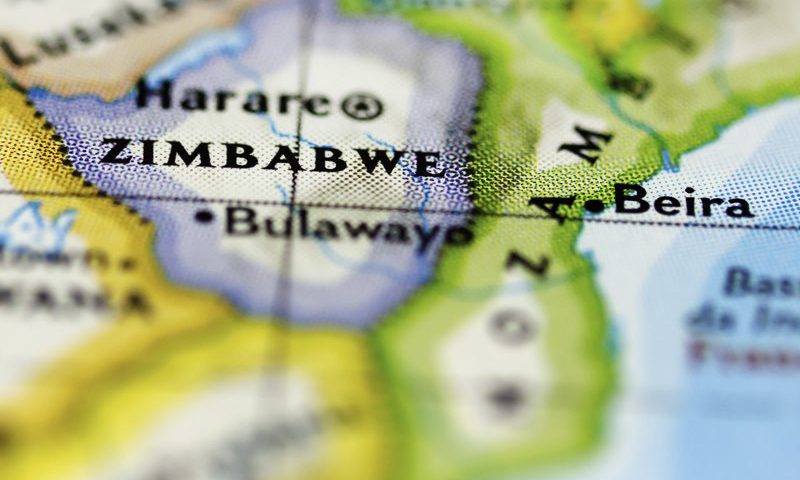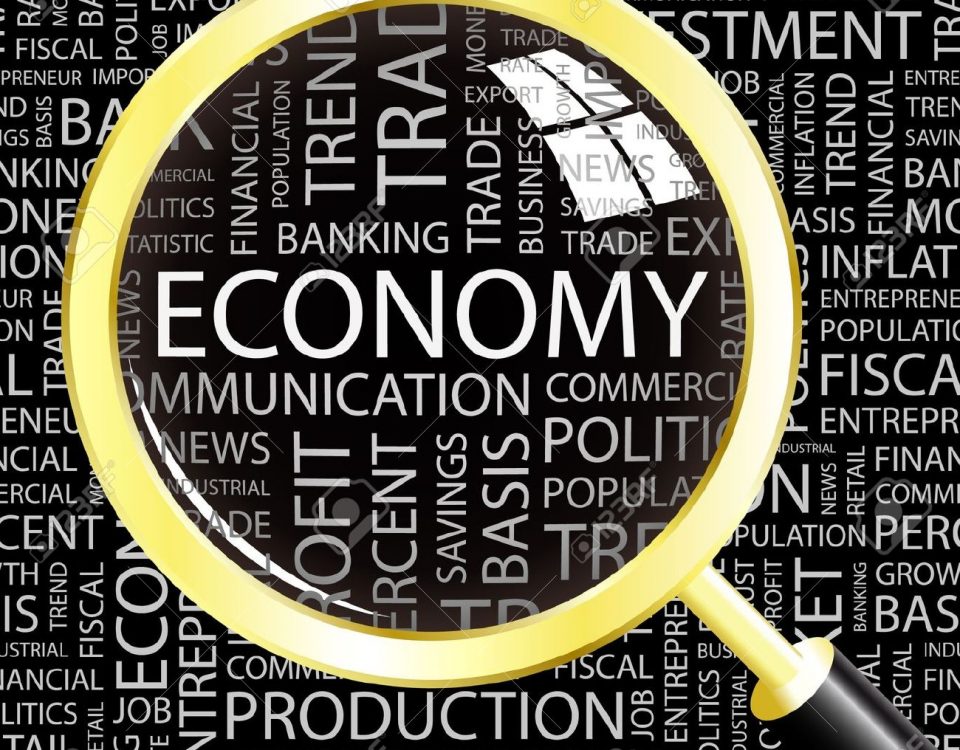Africa Update: Zimbabwe to pay $1.8BN in foreign arrears only when economy is stronger: finance minister

Nigeria Update: Equities rebound, indices up by N124 billion
September 21, 2017
World Update: Dollar extends yen gains in Asia as Fed, BoJ diverge
September 21, 2017Zimbabwe’s Finance Minister on Wednesday said the southern African nation would not be able pay $1.8 billion in arrears to the World Bank and African Development Bank (AfDB) until economic fundamentals improve.
Patrick Chinamasa said in a radio interview that a payment plan agreed with foreign lenders in 2015 in Lima, Peru, could only proceed once Zimbabwe has reduced its fiscal deficit from around 10 percent of gross domestic product, cut its wage bill from 92 percent of the budget and increased its import cover.
Chinamasa said the government had negotiated a cheaper loan to pay the $1.8 billion but had decided against paying after realising that the country could still remain in a debt cycle if it did not address its economic problems.
He did not give the source of the new loan but said Zimbabwe was paying 15 percent a year on its World Bank loan. Zimbabwe’s total foreign debt is more than $7 billion.
“When we think that the economic fundamentals of our economy are right, we then are in a position to repay the World Bank and the AfDB,” Chinamasa told talk-show radio CapitalkFm.
“We need to put ourselves in a position that is sustainable in terms of honouring our obligations. So, to that extent the ball is in our court.”
In April, Chinamasa said Zimbabwe had met all conditions to pay the World Bank and AfDB after clearing its outstanding dues to the International Monetary Fund last October.
Zimbabwe, which ditched its hyperinflation-wrecked currency for the U.S dollar in 2009, has since last year grappled with acute shortages of dollars.
Chinamasa blamed the shortages on “market indiscipline” and “lack of confidence by major economic players” in the economy.
He said to try manage scarce foreign exchange all export earnings from diamonds, gold, tobacco, platinum and ferrochrome would be managed by the central bank.

